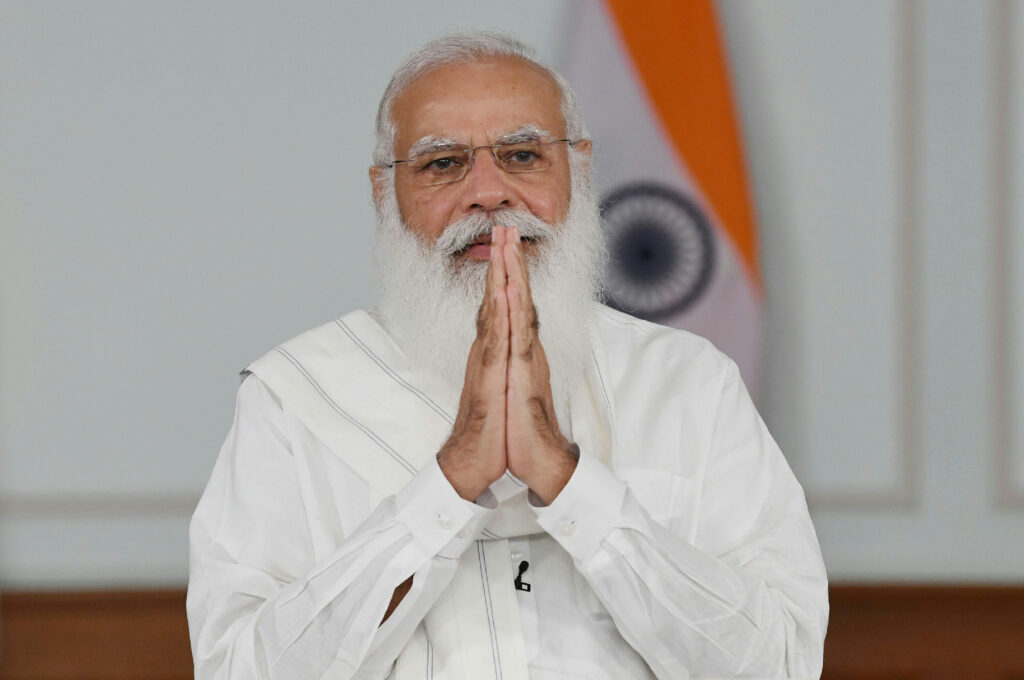Today marks the 32nd anniversary of the destruction of Babri Masjid, a historic place of worship for Indian Muslims in Ayodhya, Uttar Pradesh, at the hands of a Hindu extremist mob.
The event sparked one of the deadliest episodes of communal violence in India’s history, and continues to haunt India’s Muslim minorities to this day.
Babri Mosque was built in the 16th century by the first Mughal emperor, Babur, on a site that some Hindus believe to be the birthplace of their “deity,” Ram.
For decades, Hindu nationalist groups campaigned to reclaim the site and build a Ram temple there, claiming that the mosque was a symbol of foreign Muslim invasion.
On December 6, 1992, thousands of Karsevaks (religious volunteers), led by senior leaders like Murli Manohar Joshi and Lal Krishna Advani of the ruling BJP party in India, stormed the mosque wielding axes and sledgehammers.
The aftermath saw widespread riots across the country, in which more than 2,000 people, mostly Muslims, were brutally killed.
The international community and human rights groups vehemently condemned the Babri Mosque’s demolition, viewing it as a blatant violation of India’s secular constitution. But despite assurances from the government to rebuild the mosque and hold perpetrators accountable, it failed on both fronts.
Subscribe to our newsletter and stay updated on the latest news and updates from around the Muslim world!

In 2019, the Supreme Court of India handed over the site to the Hindus, while directing the government to allocate separate land for mosque construction. The Supreme Court acknowledged the demolition of the mosque as a criminal act, but did not hold anyone accountable for it.
Among those acquitted in connection with the demolition were prominent figures like former ministers Murli Manohar Joshi, Uma Bharti, Vinay Katiyar, and former Chief Minister of Uttar Pradesh Kalyan Singh.
In 2020, Prime Minister Narendra Modi, who was present at the site in 1992 as a BJP leader, laid the foundation stone for the Ram temple, fulfilling a longstanding promise of his party’s election manifesto.
And in January this year, Modi inaugurated the “grand Ram temple” built at the site of the demolished 16th-century Babri Mosque.
Describing it as a “historic moment,” Modi emphasised the significance of “Lord Ram” taking his place in the temple. He encouraged Indians to mark the occasion by lighting lamps in their homes and nearby temples on Monday evening, creating a festive atmosphere akin to Diwali.
The Babri Mosque case is not an isolated incident, but part of a larger pattern of Hindu nationalist aggression against Muslim identity in India. Historical mosques in Mathura and Varanasi have also been targeted under the claim that they were built over Hindu temples.
This troubling agenda, encapsulated under the slogan “Babri is only a sneak peek; Kashi and Mathura are yet to happen,” underscores the ambition and confidence of the Hindu right-wing, which has gained ascendancy in India under Modi’s leadership.
Modi’s tenure in power has seen the BJP pursuing a Hindu nationalist agenda that has marginalised and discriminated against India’s 200 million Muslims, who constitute 14% of the population.









![The Taliban’s Road To Success [Short Film]](https://5pillarsuk.com/wp-content/uploads/2024/11/Kabul-roadworks-thumbnail-218x150.png)











